Imagine suddenly losing the ability to walk.
Sitting at your desk or the kitchen table, you make a move to stand up, but a sudden numbness in your feet causes you to stumble. Alarmed, you sit back down but the numbness remains. Heart pounding, palms sweating, you wonder what’s going on.
Until six weeks ago, Toby was a busy, devoted woman in her 40’s; a young mother of eleven children, living in Yerushalayim. Between caring for her children, the youngest of whom is just one year, and running a household renowned for its epic hospitality, she seldom took a moment to sit down and rest. Now, ravaged by the sudden onset of a mysterious disease, Toby can no longer walk and the life-threatening paralysis continues to spread. Worse, doctors have yet to determine the exact cause of the paralysis.
After studying Toby’s symptoms, top specialists in Israel diagnosed her with possible MS, admitted her to the hospital and started intense drug therapy. However, two attempts to forestall the symptoms with powerful IV treatment have failed.
The doctors must now consider other, more life-threatening causes, one of them that Toby may be suffering from a rare disease called Poems Syndrome, an unusual blood disorder that damages the nerves. Complicated, yet treatable, bringing the symptoms under control will require expensive stem cell transplants and numerous weeks in the hospital.
“My mother has always been the most hard-working, energetic person I know, tirelessly and happily cooking, cleaning and caring for our family,” explains Devorah, Toby’s eldest, married daughter. “Aniyim far and wide know that that they are welcome at our Shabbos table and I grew up having 40 or more guests at our seudah every week. Seeing my amazing mother forced to lie in bed, unable to move is terrible. Not knowing what is causing her illness and watching her become more and more paralyzed… it’s terrifying.”
Enter Mr. Yosef Herzka. A well-known askan living in Monsey, Yosef heard about the family’s dire predicament from the mispallelim in his shul, many of whom have benefitted from the tremendous chachma, exuberant simchas hachaim and deep emunah of Toby’s illustrious husband, a well-known Mashpia.
“Unfortunately, these days we hear terrible news much too often”, shares Mr. Herzka. “But when it’s someone you know, when it’s happening to a family that is so involved in doing so much for klal yisroel… I can’t stop thinking about it.”
Mr. Herzka jumped into action, consulting with various Rabbanim involved in the case in Eretz Yisroel and compiling all the information and test results to present to Dr. Axel Pflueger, MD, PhD. A world famous nephrologist and diagnostician associated with the Mayo Clinic for 16 years, Dr. Pflueger has become the last resort for patients from across the globe suffering from unusual cases.
Dr. Pflueger and Yosef Herzka met this past Thursday in Monsey, New York. After two hours of intense conversation and an in-depth review of Toby’s medical records, Dr. Pflueger opined, “We can save this woman’s life, but we must get her to the Mayo Clinic. It is the only place in the world equipped to conduct the highly specialized testing and research needed to find a diagnosis and, with Hashem’s help, the right cure.”
Rabbi Fischel Shachter, who has a close kesher with numerous family acquaintances here in America, underscored the urgency. “This is a dire, time-sensitive situation. Without our immediate intervention this woman’s life is in grave danger and the family will continue to suffer greatly.”
Needless to say the more than $250,000 in upcoming travel and medical expenses is beyond the family’s simple means; few people could afford the astronomical costs. Refuah Helpline and numerous activists are currently feverishly working to make the necessary arrangements for the Toby and her husband to travel to the United States and be seen immediately by a top panel of doctors.
Mr. Chezky Schonberger, whose recent legendary battle to stop a cremation was made possible by the caring and generosity of klal Yisroel is well acquainted with the family. “My son Moshe Yitzchok became quite close with these wonderful people when he was in Eretz Yisroel,” he explains. “The idea that the main obstacle standing between this mother of 11 and a cure, is the money needed to make it happen is unacceptable. My recent experience has taught me that there are hundreds and thousands of yidden across the world that truly care.”
With klal Yisroel involved, anything is possible.
Please click HERE and give generously to help diagnose and cure Toba Rivka bas Leah. In the zechus of your support, may Hakadosh Boruch Hu repay you and your family with kol tuv.


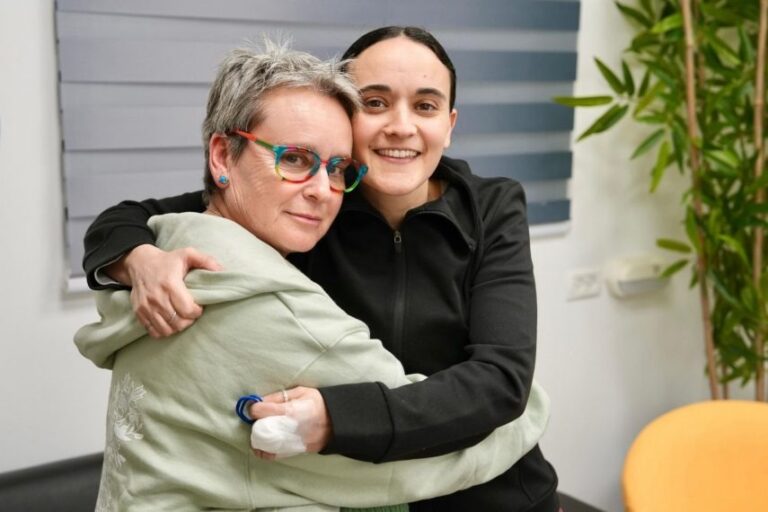
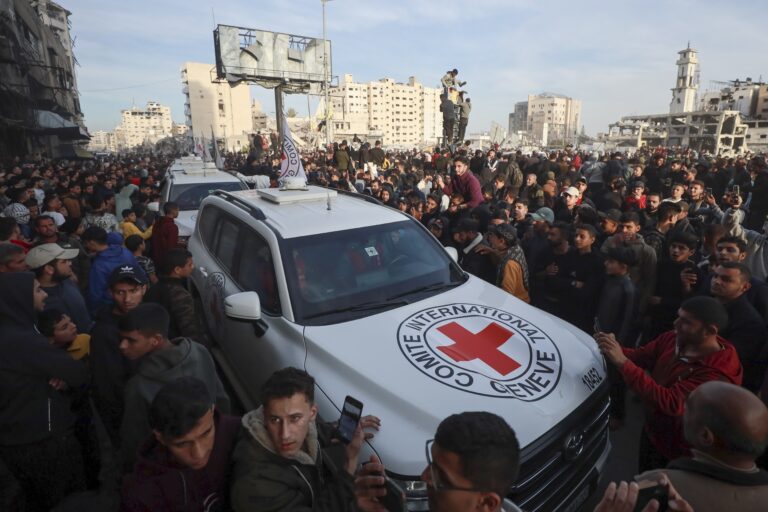
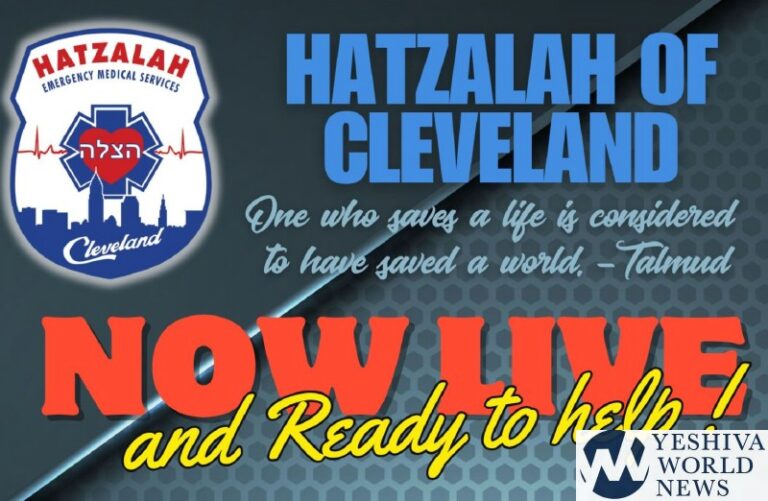

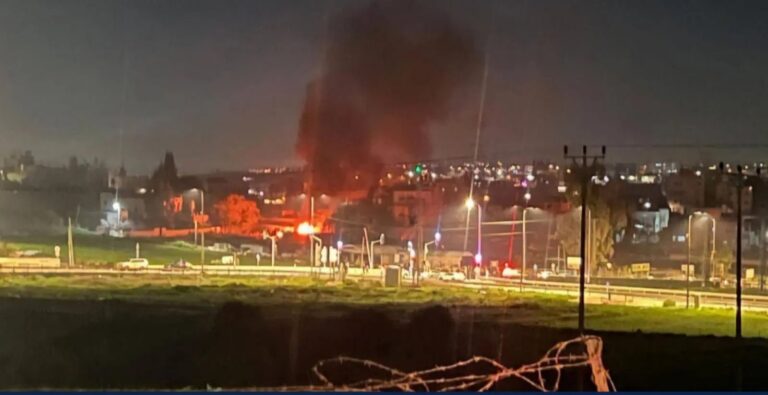



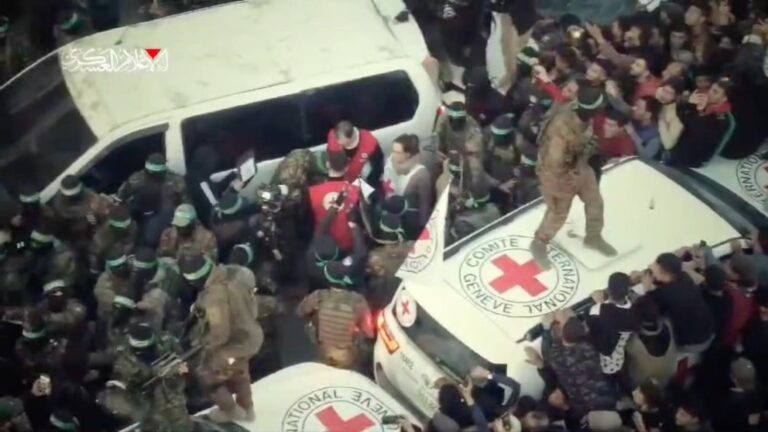

6 Responses
How can we verify the authenticity of this cause?
You can go the the go fund me page and click on the organizers name to contact the organizer. I’m sure we’ll respond. His name and city (plus others) are also in this post. You can just take a monsey phone book, rind his number and call him
to verify if this is legit you can contact Doctor Axel Pflueger who ready to answer any questions on this case excluding personal information on the client. or Refauh help line http://www.refuahhelpline.info who is very close to this case.
I see that Cheskey Schonberger is involved.
He’s a major Bal Chesed and reliable person-well known in the Monsey Community and in the Bobov Kehilla.
If he’s involved then we can be sure it’s a important and worthy cause that we should take seriously.
Tizku Lemitzvos!
Guillain-Barre syndrome-too often (fatally) misdiagnosed even by John Hopkins, Penn University, among other #1 hospitals- often triggered by flu shot, flu, virus, etc
Symptoms By Mayo Clinic Staff
Guillain-Barre syndrome often begins with tingling and weakness starting in your feet and legs and spreading to your upper body and arms. In about 10 percent of people with the disorder, symptoms begin in the arms or face. As Guillain-Barre syndrome progresses, muscle weakness can evolve into paralysis.
Signs and symptoms of Guillain-Barre syndrome may include:
Prickling, “pins and needles” sensations in your fingers, toes, ankles or wrists
Weakness in your legs that spreads to your upper body
Unsteady walking or inability to walk or climb stairs
Difficulty with eye or facial movements, including speaking, chewing or swallowing
Severe pain that may feel achy or cramp-like and may be worse at night
Difficulty with bladder control or bowel function
Rapid heart rate
Low or high blood pressure
Difficulty breathing
People with Guillain-Barre syndrome usually experience their most significant weakness within two to four weeks after symptoms begin. Recovery usually begins two to four weeks after weakness plateaus.
Yudel, if you read the article you will see that they looked into GBS or Guillain-Barré syndrome. That’s what the IV treatment was for. I’m a GBS survivor and this is not GBS. I hope they find what it is soon and she should have a complete refuah